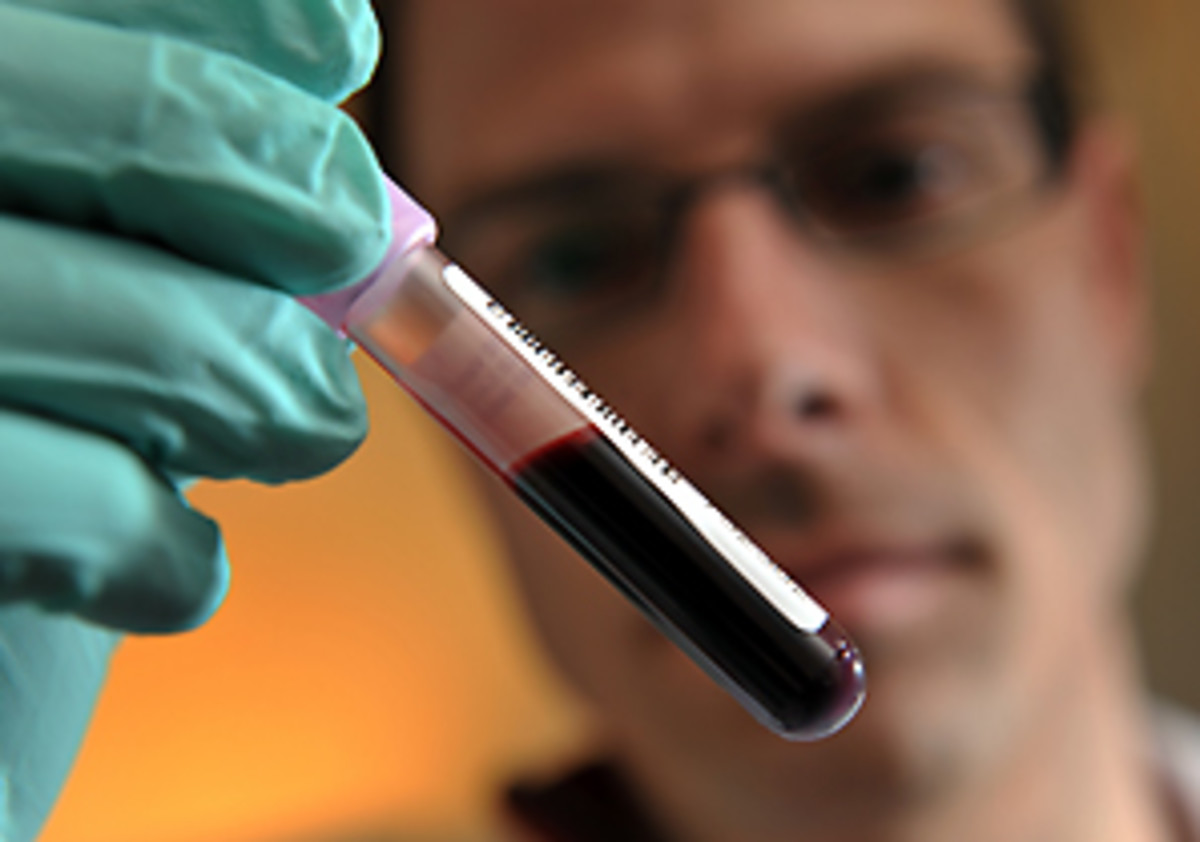Seeking consistency in drug tests
FIFA and UEFA did something this week that not only was right and just but also took a fair amount of guts. They stood up to the World Anti-Doping Agency (WADA) and rejected its out-of-competition drug-testing rules.
Last month, at a breakfast meeting in London, UEFA president Michel Platini told me that WADA was "out of control." And it's good to see him and the game's governing body try to bring some sanity back to doping controls.
WADA was created in 1999 to help coordinate the fight against performance-enhancing drugs. At first it was sanctioned by the International Olympic Committee, but since then its authority has come from governments that are signatories to various international treaties against drugs in sports.
So far, so good. The problem with WADA is that there's no real oversight. National governments, as you would imagine, have slightly more important things to do, especially these days. The governing bodies of many sports (such as FIFA) originally came on board freely, partly for p.r. reasons -- after all, who was going to say, "No, we don't want to join the fight against drugs in sports"? -- and partly because they failed to predict what WADA would become.
Today, WADA is basically a quasi-omnipotent, overly secretive body that adopts a one-size-fits-all policy. Until recently, for example, its code banned recreational drugs despite the fact that they are neither performance-enhancing nor, in some countries, illegal.
Or take the case of Daniele Mannini and David Possanzini. In 2007, they were playing for Brescia in Italy's Serie B. After a home defeat against Chievo, they were randomly selected to provide urine and blood samples as part of the Italian FA's drug-testing program. They showed up to provide their samples half an hour late because their manager had read them the riot act in the dressing room (as you might expect after an embarrassing defeat).
The drug testers pointed this out and both received 15-day bans from the Italian FA. Which made sense, because they had violated procedure. But then both had tested negative. And, because they were in a locked dressing room for half an hour, there was no chance they had somehow cleansed themselves of whatever drugs they might have taken (unless you believe that, in 30 minutes, they could have both cycled all the tainted blood out of their bodies while also surgically removing their own bladders and replacing them with artificial ones brimming with "clean" urine).
WADA, of course, disagreed. As far as it was concerned, the players were late to a drug test and therefore had to be punished with a two-year ban. WADA took legal action against the Italian FA and took the case to the Court of Arbitration for Sport in Lausanne, Switzerland, which ended up slapping them with a 12-month suspension. (The case is now being appealed).
Twelve months ... for being half an hour late. It's this kind of abuse of power that infuriates the soccer world. And rightly so. WADA's new "whereabouts" rule is an extension of this. The rule basically states that elite athletes (which means virtually all top-flight professional footballers) must state their whereabouts -- and be available for testing -- for at least an hour a day. Every single day of the year.
WADA's rationale is that drug testing in competitions (as is currently done) is not enough. Athletes could take drugs during the offseason, enjoy the benefits and then have the performance-enhancing substances out of their system by the time they return to competition.
This may be the case for track and field or swimming or sports where there is a long offseason, or where an athlete can simply take time off to train by himself. But soccer -- like most team sports -- is different. Players essentially train or play six days a week for 10 or 11 months out of the year and can be tested pretty much anytime in training or games. They are already more available than any other athlete. Why invade their privacy every single day of the year?
Leaving that aside, there are broader issues, too. Surely a professional sport should have the right to police itself any way it wants, without some unaccountable body chosen by -- ahem -- politicians ruling from on high.
The problem, of course, is that WADA's own ethos -- you only need to look at its biggest backers -- comes from athletes in individual sports where doping has, objectively, represented a huge problem over the past few decades. And there may also be a degree of jealousy toward the money and privileges enjoyed by athletes in team sports.
But soccer has had regular drug testing for more than 20 years and there has been no evidence of widespread performance-enhancing drug use. The reasons for this are probably obvious. Whereas using certain drugs can make you cycle faster or lift more weight or run for longer, it's hard to correlate those physical gains with the game itself, which, thankfully, is based on things such as skill, intelligence and creativity as much as it is on athleticism.
This doesn't mean that the game should be blind to the dangers of doping. It does mean, though, that it should be those in the game itself who decide how they are policed and how those rules are enforced. If only because they know the game best, certainly more so than a bunch of WADA-crats cooped up at their headquarters in Montreal.






